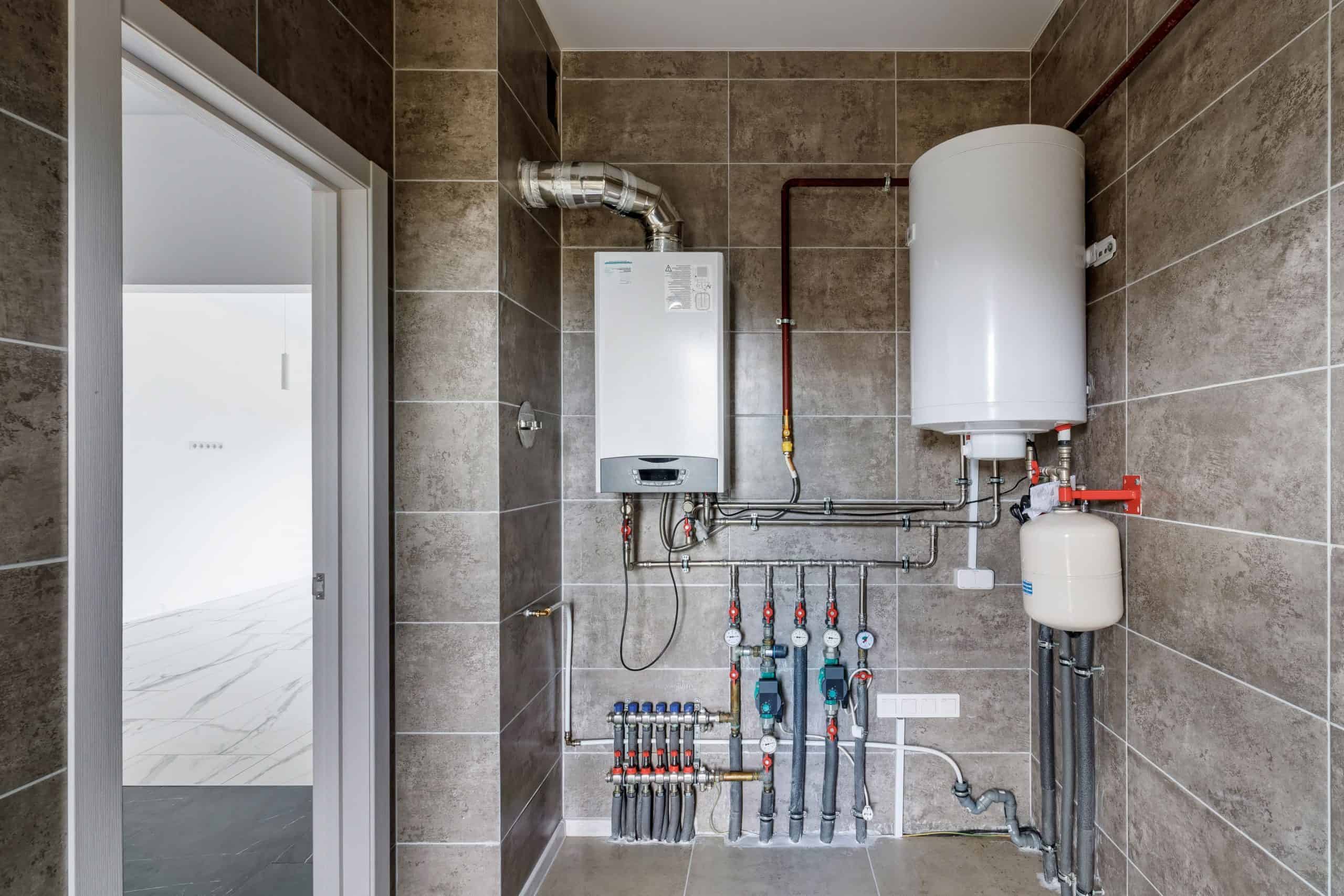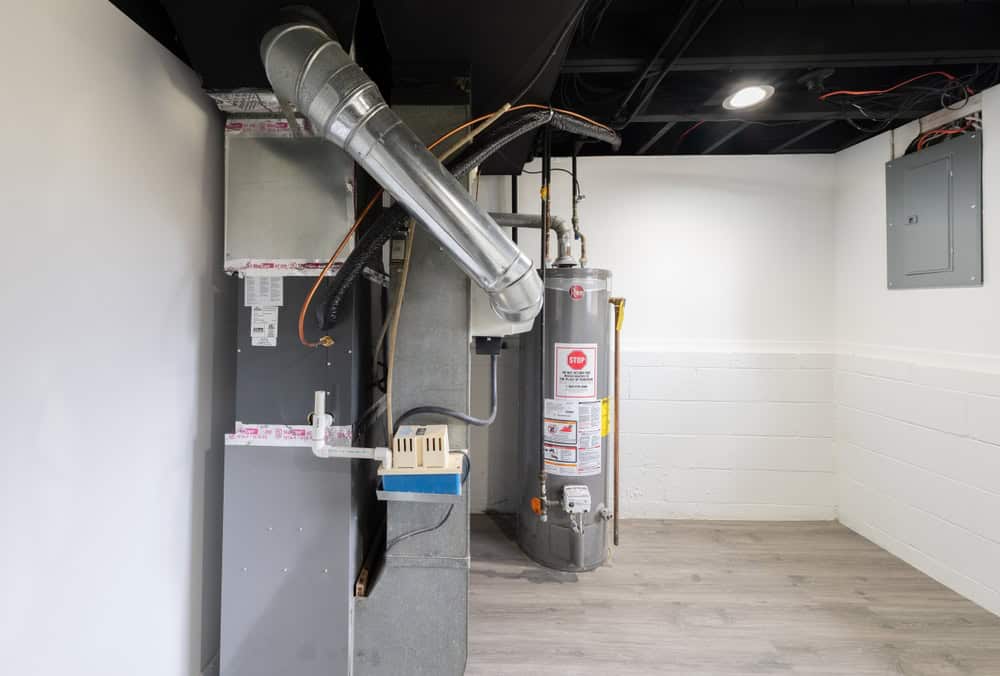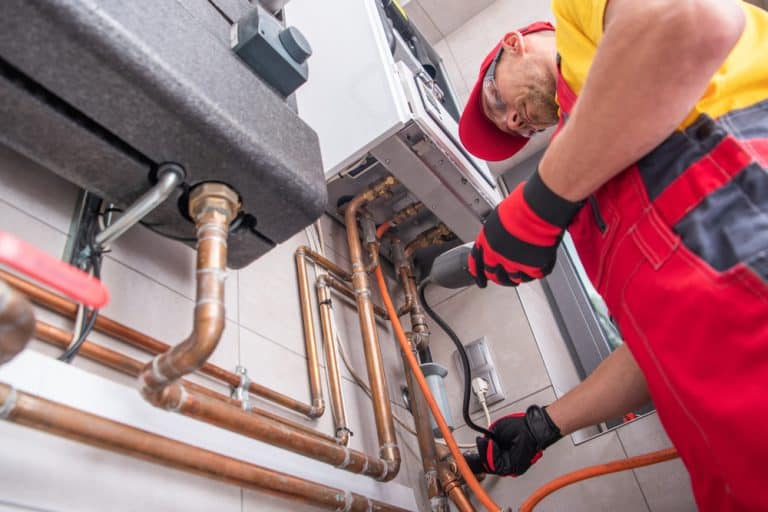
Hear from Our Customers

Your heating bills drop immediately. No more scheduling oil deliveries or watching tank levels. No more price spikes that hit $4.94 per gallon like we saw last year in Massachusetts.
You get consistent, reliable heat that costs 15-34% less than oil. Your system runs cleaner with 95% efficiency ratings. The endless supply means you never run out of fuel on the coldest nights.
Most Quincy homeowners see their conversion pay for itself within 5 years through fuel savings alone. After that, it’s pure money back in your pocket every winter.
We’ve served Quincy homeowners for over 18 years. We know this area – from the historic neighborhoods near Adams National Historical Park to the waterfront homes along Quincy Bay.
Our certified gas technicians follow strict safety protocols because we understand what’s at stake. We’re not just swapping equipment – we’re upgrading your family’s comfort and safety.
We handle everything: oil tank removal, gas line installation, new equipment setup, and system testing. One call, one company, done right the first time.

First, we assess your current system and home layout. We check if gas is available on your street and determine the best route for new gas lines. This takes about an hour and gives you a clear picture of what’s involved.
Next, we coordinate with National Grid for gas line connection if needed. We handle the permits and paperwork while you stay comfortable with your current system.
On installation day, we safely remove your old oil equipment and tank. We run new gas lines, install your efficient gas heating system, and test everything thoroughly. Most conversions complete in 1-2 days depending on complexity.
Finally, we walk you through your new system operation and provide all warranty documentation. You’re heating with gas that same day.

Ready to get started?
Your conversion includes complete oil system removal, environmental tank disposal, gas line installation from street to equipment, new high-efficiency gas heating system, and full system commissioning. We handle all permits and inspections required by Quincy building codes.
In Quincy’s coastal climate, we recommend systems rated for New England winters. Our installations typically feature 90-95% efficiency gas boilers or furnaces that handle the temperature swings from Quincy Bay’s maritime influence.
We provide 1-year labor warranties on all conversion work. That means if anything goes wrong with our installation, we fix it at no charge. Most manufacturers also provide equipment warranties up to 10 years on major components.

Oil to gas conversion costs in Quincy typically range from $4,500 to $11,000 depending on your current system type. Forced air systems usually cost $4,500-$7,000 to convert. Hot water radiator systems run $7,500-$11,000 because they require more complex equipment changes.
Additional costs may include gas line installation from the street (often free if gas is already available) and oil tank removal ($500-$1,500). We provide upfront pricing with no hidden fees so you know exactly what you’re investing before we start work.
Most Quincy homeowners save $800-$1,200 annually on heating costs after conversion, meaning the investment pays for itself in 4-7 years through fuel savings alone.
Yes, natural gas consistently costs 15-34% less than heating oil for Massachusetts homeowners. Oil prices in our state have spiked as high as $4.94 per gallon over the past year, while natural gas prices remain more stable.
The current average oil price in Massachusetts is $3.14 per gallon. When you factor in the higher efficiency of gas equipment (90-95% vs 80-85% for older oil systems), the savings become even more significant.
Natural gas also eliminates delivery fees, price protection programs, and service contracts that add $200-$500 annually to oil heating costs. You pay one predictable monthly bill instead of large lump sums for oil deliveries.
Most oil heating systems can be converted to natural gas, but it depends on your current equipment age and condition. Older oil boilers and furnaces (15+ years) typically need complete replacement because the heat exchangers and burner systems are designed specifically for oil combustion.
Newer systems might allow burner conversion, but we usually recommend full system replacement for better efficiency and reliability. Modern gas equipment operates at 90-95% efficiency compared to 70-85% for older converted systems.
During our assessment, we evaluate your current system, ductwork or piping, electrical connections, and venting requirements. We’ll tell you exactly what needs replacement and what can stay, so you can make an informed decision about the best approach for your Quincy home.
Most oil to gas conversions in Quincy take 1-2 days to complete once we begin work. Simple forced air system conversions often finish in one full day. More complex hot water boiler systems typically require two days.
The timeline depends on several factors: gas line installation needs, oil tank removal complexity, and your home’s layout. If National Grid needs to run a new gas service line to your property, add 1-2 weeks for utility coordination and permits.
We schedule conversions to minimize disruption to your heat. In most cases, we can keep your old system running until the new gas system is ready for startup. You’re never without heat during the conversion process, which is especially important during Quincy’s cold winter months.
Yes, oil to gas conversion requires permits from the City of Quincy. You need a plumbing permit for gas line installation, a heating permit for equipment replacement, and potentially an electrical permit if new electrical connections are required.
We handle all permit applications and inspections as part of our conversion service. This includes coordinating with Quincy’s building department and ensuring all work meets local codes and National Grid requirements.
The permit process typically takes 3-5 business days for approval. We don’t start any work until permits are approved and we’ve scheduled required inspections. This protects you from code violations and ensures your conversion meets all safety standards.
We handle complete oil tank removal and proper disposal as part of your conversion service. This includes pumping out remaining oil, cleaning the tank, and transporting it to approved recycling facilities that meet Massachusetts environmental regulations.
Underground oil tanks require additional steps including soil testing and potential remediation if leaks are discovered. Above-ground tanks are simpler to remove but still need proper environmental disposal.
We coordinate with licensed waste management companies and provide you with all disposal documentation for your records. This is important for future home sales, as buyers often request proof of proper tank removal and environmental compliance.